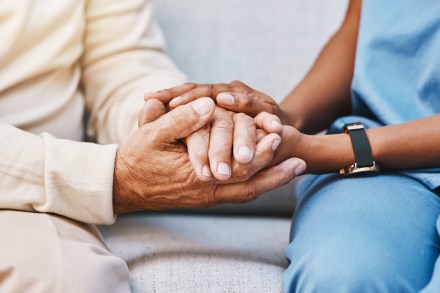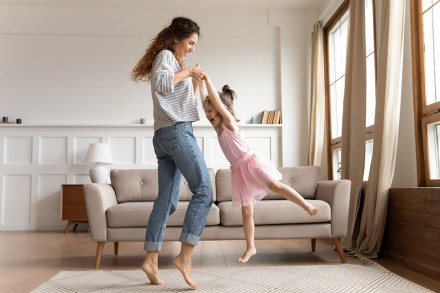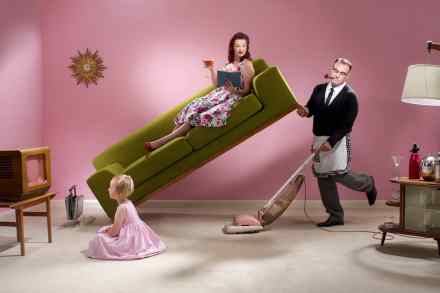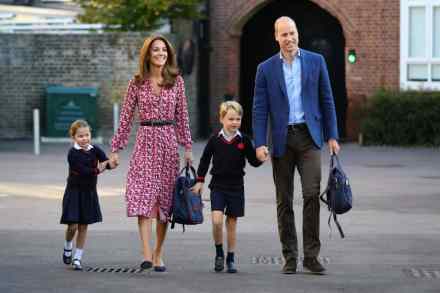Keir Starmer’s parenting lessons
Before he became Prime Minister, Keir Starmer admitted he was concerned about what life in Downing Street might be like for his children. It was, he said, the ‘single thing’ that kept him awake at night. What’s notable is that we aren’t even aware of Starmer’s children’s names. They are teenagers but that’s about all we know about them. They were not photographed when Starmer and his wife Victoria entered No. 10, nor have they been seen since. ‘We do try to protect them… we don’t use photos of them in any way,’ Starmer said. There seem to be no pictures in the public domain of Starmer with his children.




















